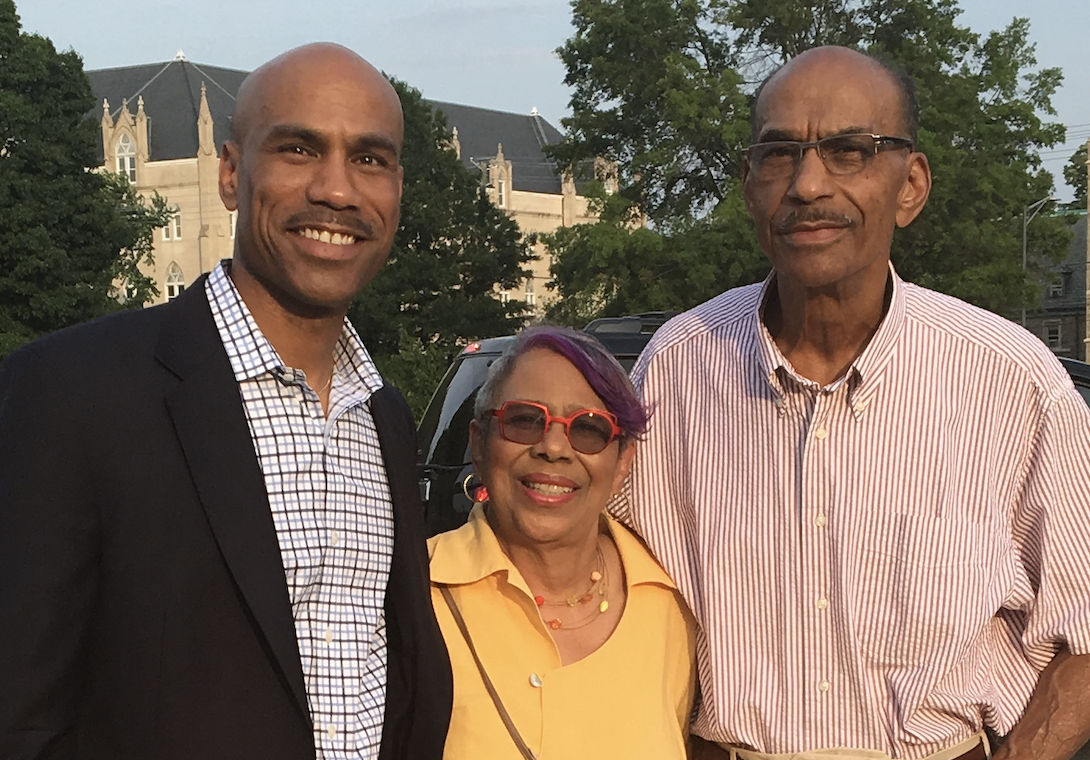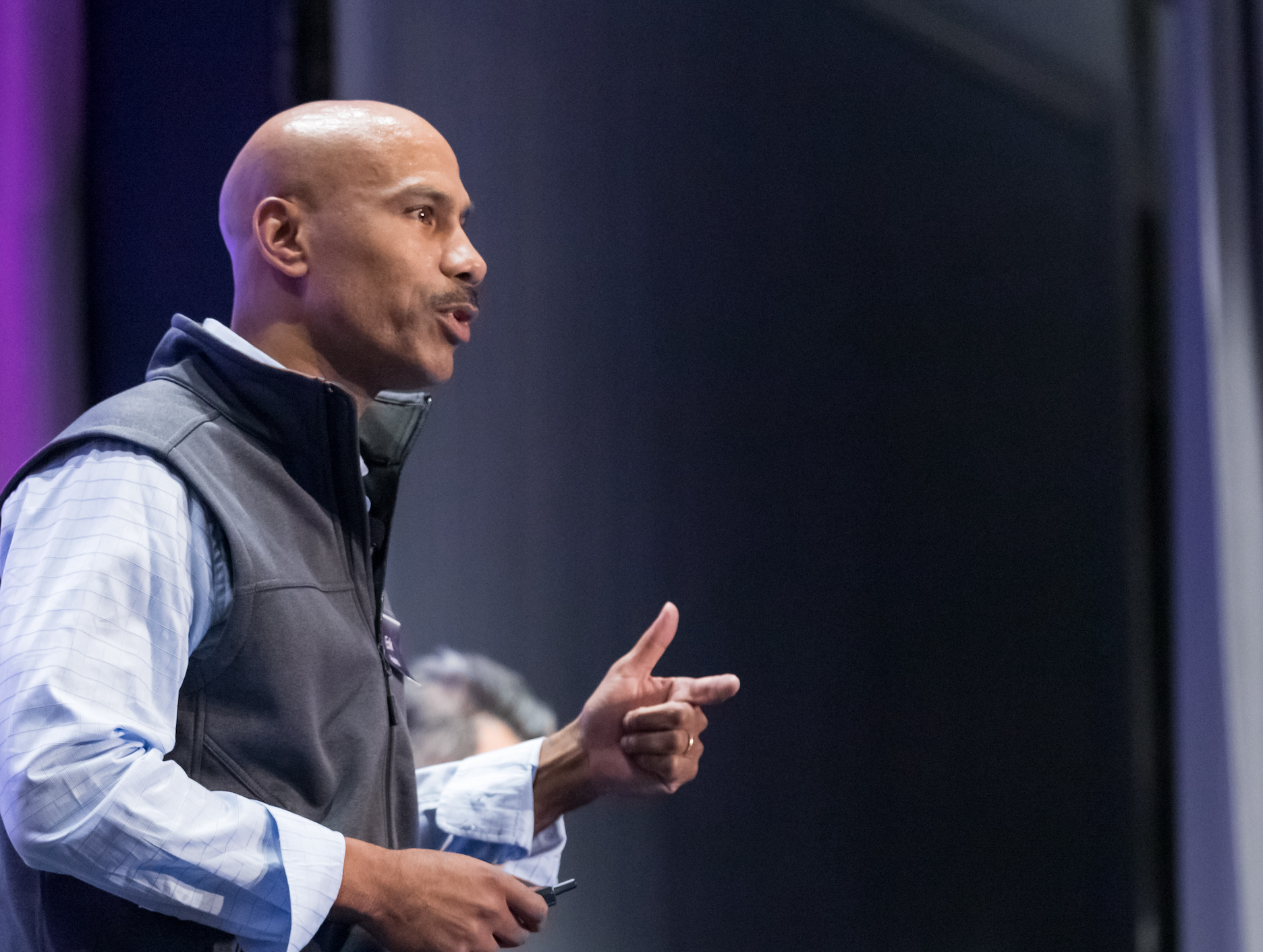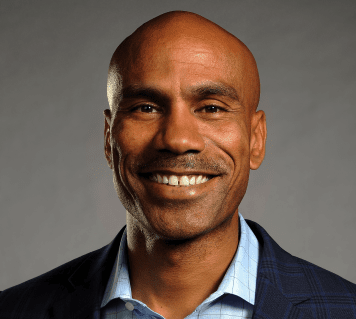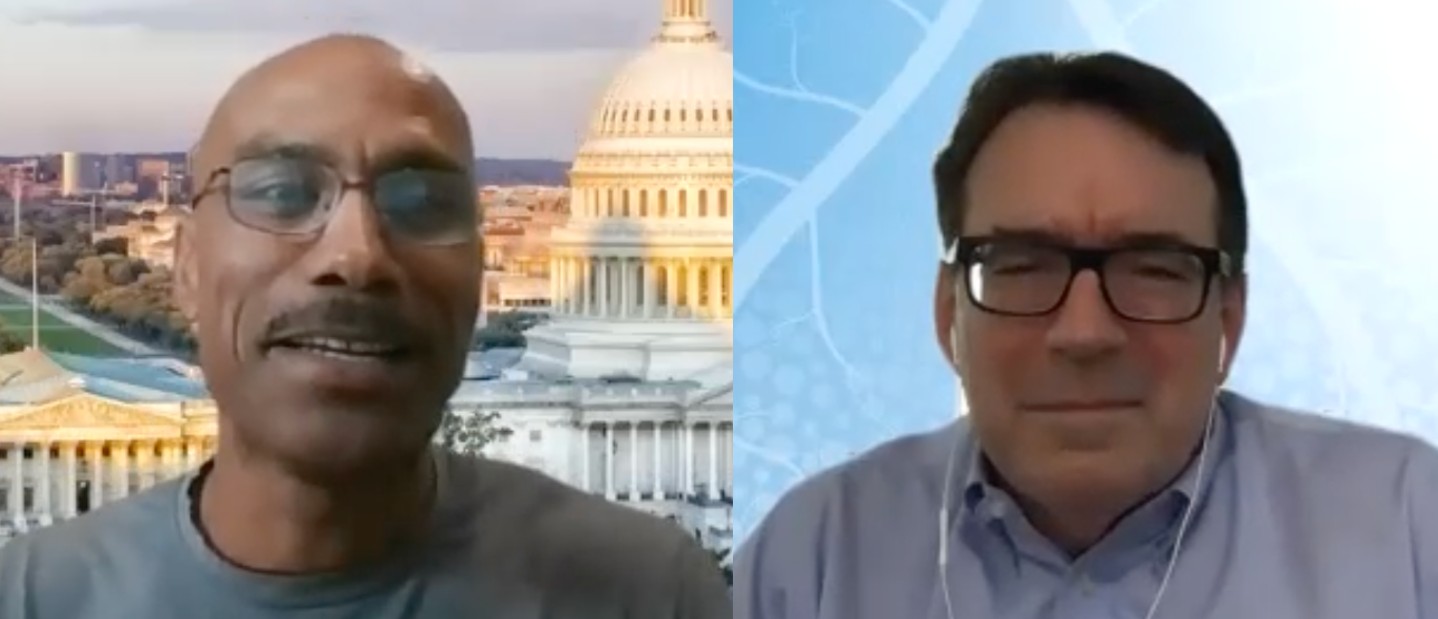When my dad dropped me off at the Naval Academy, he leaned over the center console and cautioned, “Son, this place has successfully existed for over 100 years. Don’t get out of this car if you think you’re going to change how it operates – don’t even waste your time. You’ve got to learn how to work within the system.”
His words were a reminder that I, a young Black man, was entering a system that was not always fair, and that I would have to work hard to find a way to achieve my goals despite obstacles that were sometimes part of the very structure of the institution.
And while my dad was correct that a single individual cannot change a longstanding system alone, what has made all the difference in my career and my life is mentorship. At first, that meant having people around me who were invested in my future, and now as a mentor, it’s about finding ways to support the next generation of leaders.
An important first step toward finding the right mentor is knowing your own unique strengths – and the knowledge and experience gaps you need to fill.
After the Naval Academy and my service as a Naval aviator, I knew I wanted to transition to a role in the healthcare industry. My mom was a social worker, and my dad blazed a trail as one of the first Black sales reps in the pharmaceutical industry, so you could say it runs in the family.

Photo: (L to R) Erik Harris with his parents Theresa Harris and David Harris, Sr. in 2016
I transitioned from active duty to the U.S. Navy Reserves and joined a leadership development program with the global biopharmaceutical company Bristol Myers Squibb (BMS). As part of that program, I would be assigned a senior executive mentor and could choose the business groups through which I would rotate. Coming out of the military, I could lead, manage people and make difficult decisions, but I had limited business experience and almost no finance and accounting experience. So, I chose a business group where I could work closely with an executive with a strong finance background. An important first step toward finding the right mentor is knowing your own unique strengths – and the knowledge and experience gaps you need to fill.
One key to a successful early relationship with a mentor is to show them you’re there to learn and grow – not just to ‘get ahead.’
My assigned mentor was Rick Winningham, who is now CEO of Theravance and was at that time president of BMS oncology immunology group. It was a good fit, in part because we each placed a high value on the relationship. Rick would often ask me thought-provoking, challenging questions designed to get me to think outside the box and broaden my perspective, and he always carved out the time for our discussions. For my part, I made it a point to always follow up with my well-thought-out answers to his questions and by preparing for each meeting with Rick as if it was a job interview.
One key to a successful early relationship with a mentor is to show them you’re there to learn and grow – not just to “get ahead.” When you show up prepared and invested in the relationship, it makes the other person that much more invested in you. Come to each meeting with an agenda, objectives and an understanding of the state of affairs in their organization.
Rick was instrumental in helping me navigate my career and continues to be my mentor to this day. He’s coached me through some disappointments and mistakes and helped make sure I learned from each and every experience along the way.
When someone you admire invites you to ‘Call me any time,’ take them up on it.
Other mentors have come into my life through natural relationship-building. When someone you admire invites you to “Call me any time,” take them up on it – reaching out to someone occasionally with a highly relevant question shows them you respect their experience, knowledge and expertise. This can be a great way to nurture a relationship with a potential mentor and has been the case for me with several of my mentors.
As I grew in my career, I was always aware there were fewer and fewer Black leaders the higher up the ladder you looked. I started building relationships with other Black biotech leaders based on our shared experiences. Seeing an opportunity to leverage our collective strength and influence, I joined with Patroski Lawson, CEO at KPM Group DC and Rahsaan Thompson, chief legal officer at Lyell to co-found a group called African American Men in Biotech to support one another and pave the way for more Black leaders in the industry. Mentorship is a major component of this nationwide group’s efforts, and everyone involved has a story about a mentor that helped them break through obstacles along the journey.
In more recent years, I’ve realized the many benefits the mentor receives from the relationship. Mentees offer leaders a new perspective and the chance to step back and look at the big picture. Mentors get the chance to take a learning posture, which can lead to new ways of thinking about solving tough problems and ways to lead. And importantly, being a role model to a mentee reminds me to be the best version of myself – it’s a built-in safeguard against complacency.

Photo: Erik Harris speaking to an audience in 2022
I once heard a quote that sums this up perfectly; “The first third your life is about what you know; the second third is about who you know; and, if you do those two well, the last third is about who knows you.”
If you’re earlier in your career, seek out mentors, sponsors, allies and champions who can be your navigation system as you plot a course for your journey. If you’re more established, dedicate the time and care to giving back through mentorship. It made all the difference for me, and I know it will for you as well. Someone along the way carved a path for you – it may have been narrow and difficult to travel, but it got you here. Now let’s pave that trail.
Erik Harris is chief commercial officer and executive vice president at Ultragenyx





